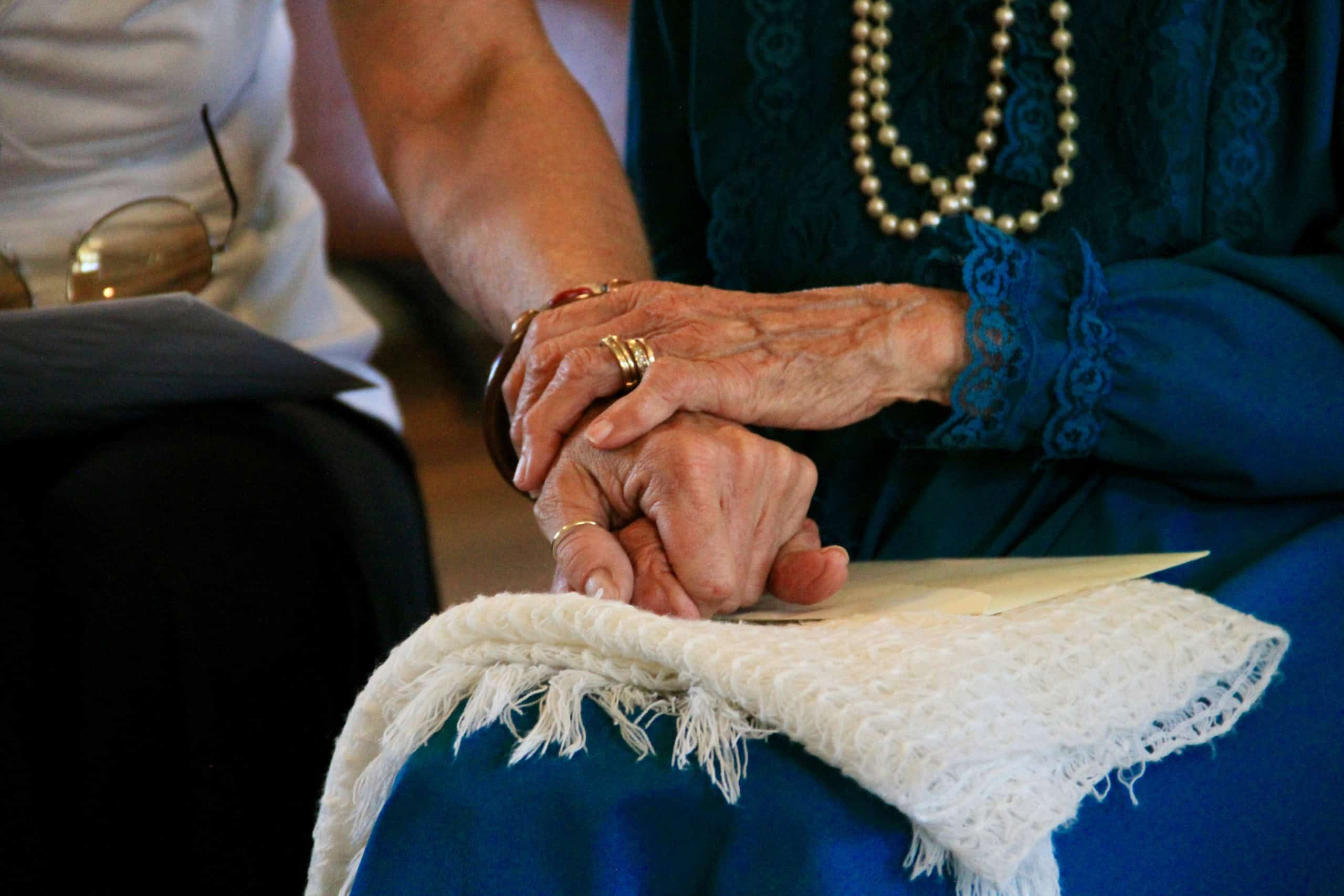As we age, our needs evolve. For seniors, these changes may include complex health conditions, mobility issues, or memory impairment, making it harder to manage daily activities. Navigating these challenges can be overwhelming for both seniors and their families. This is where Geriatric Care Management services come into play—offering essential support to help seniors lead healthier, safer, and more fulfilling lives.
What is Geriatric Care Management?
Geriatric Care Management is a specialized service that provides personalized care coordination for older adults. Geriatric Care Managers (GCMs), also known as aging life care professionals, are trained to assess the needs of seniors and create a comprehensive care plan tailored to their unique situations. This service helps families ensure that their loved ones are receiving proper care while improving their quality of life.
Key Services Provided by Geriatric Care Managers
- Comprehensive Assessment of Needs - One of the first steps in geriatric care management is a thorough assessment. The GCM evaluates the senior’s physical, emotional, and mental health, as well as their social and environmental factors. This assessment provides a clear picture of the challenges the senior is facing, such as chronic health conditions, mobility limitations, or cognitive decline.
- Personalized Care Plan - Based on the assessment; a tailored care plan is developed. This plan addresses specific needs, including medical care, daily activities, medication management, and assistance with tasks like bathing, dressing, and eating. The goal is to create a plan that supports the senior’s independence while ensuring safety and comfort.
- Coordination of Care - Seniors often require services from a variety of healthcare professionals, such as physicians, physical therapists, home health aides, and specialists. A GCM ensures that these professionals work together seamlessly, coordinating appointments, medications, and treatments to prevent gaps in care.
- Monitoring and Advocacy - GCMs not only monitor the senior’s progress but also act as advocates to ensure that their needs are met. They help with navigating complex healthcare systems, such as Medicare and Medicaid, and offer advice on selecting appropriate care providers. They also ensure that seniors’ rights are upheld and that their voices are heard in decision-making processes.
- Crisis Management and Emergency Planning - Life is unpredictable, and emergencies can happen at any time. GCMs are skilled in responding to crises, whether it’s a sudden health decline, a fall, or an unexpected hospital stay. They help manage these situations by creating emergency plans and ensuring that all necessary resources are in place.
- Family Support and Guidance - Caring for an aging loved one can be emotionally and physically taxing for family members. GCMs offer families the support they need, providing education, guidance, and reassurance. They help families understand the best options for care and make informed decisions, relieving the stress that often comes with caregiving responsibilities.
The Benefits of Geriatric Care Management
- Improved Quality of Life - With the assistance of a GCM, seniors can receive the right care and services to enhance their overall well-being. Whether it’s access to social activities, improved medical care, or better day-to-day support, the goal is to ensure that seniors can live their lives to the fullest.
- Peace of Mind for Families - Caring for an aging loved one from a distance or while managing other responsibilities can be overwhelming. GCMs provide families with the peace of mind that their loved one is in good hands, receiving appropriate care and attention. Families can rest assured knowing that professionals are managing the care plan and overseeing their loved one’s well-being.
- Prevention of Hospital Readmissions - GCMs play a critical role in ensuring that seniors follow their prescribed treatments and medications, which helps to prevent avoidable hospital readmissions. Through regular monitoring and support, they catch potential issues before they escalate, keeping seniors healthier and avoiding unnecessary medical interventions.
- Cost-Effective Care - While it may seem that hiring a geriatric care manager is an added expense, in many cases, it can actually save money in the long term. GCMs can help families identify more affordable care options, prevent costly hospital stays, and reduce the likelihood of long-term health complications, all of which contribute to better financial outcomes.
When to Consider Geriatric Care Management Services
Geriatric Care Management services are beneficial in various situations. Some examples include:
- Seniors experiencing multiple health issues or chronic conditions
- Families who are caring for an aging loved one but need professional assistance
- Seniors who are struggling with memory loss or cognitive decline
- Families living at a distance and seeking local support for their loved ones
- Individuals transitioning from a hospital stay to home care or assisted living
If you notice that your loved one’s health is declining or that daily activities are becoming increasingly difficult to manage, it might be time to consider the support of a Geriatric Care Manager.
In conclusion, Geriatric Care Management is a valuable service that provides older adults with the support they need to age with dignity, comfort, and independence. By partnering with a trained professional, seniors and their families can ensure that the right care is delivered at the right time. Whether it's coordinating medical care, managing emergencies, or simply offering guidance, a geriatric care manager can make all the difference in enhancing the lives of aging adults and their families.
If you're considering Geriatric Care Management services, JDT Care Solutions, a new program under The Connecticut Hospice umbrella of services, offers a free 15-minute professional consult to determine how a geriatric care manager can best support you or a loved one’s unique needs.
Please contact Lorraine Castronova, MSW, LCSW
JDT Care Solutions, Geriatric Care Manager
Email: [email protected]
Office: 203 315 7692
Cell: 203 500 2850

